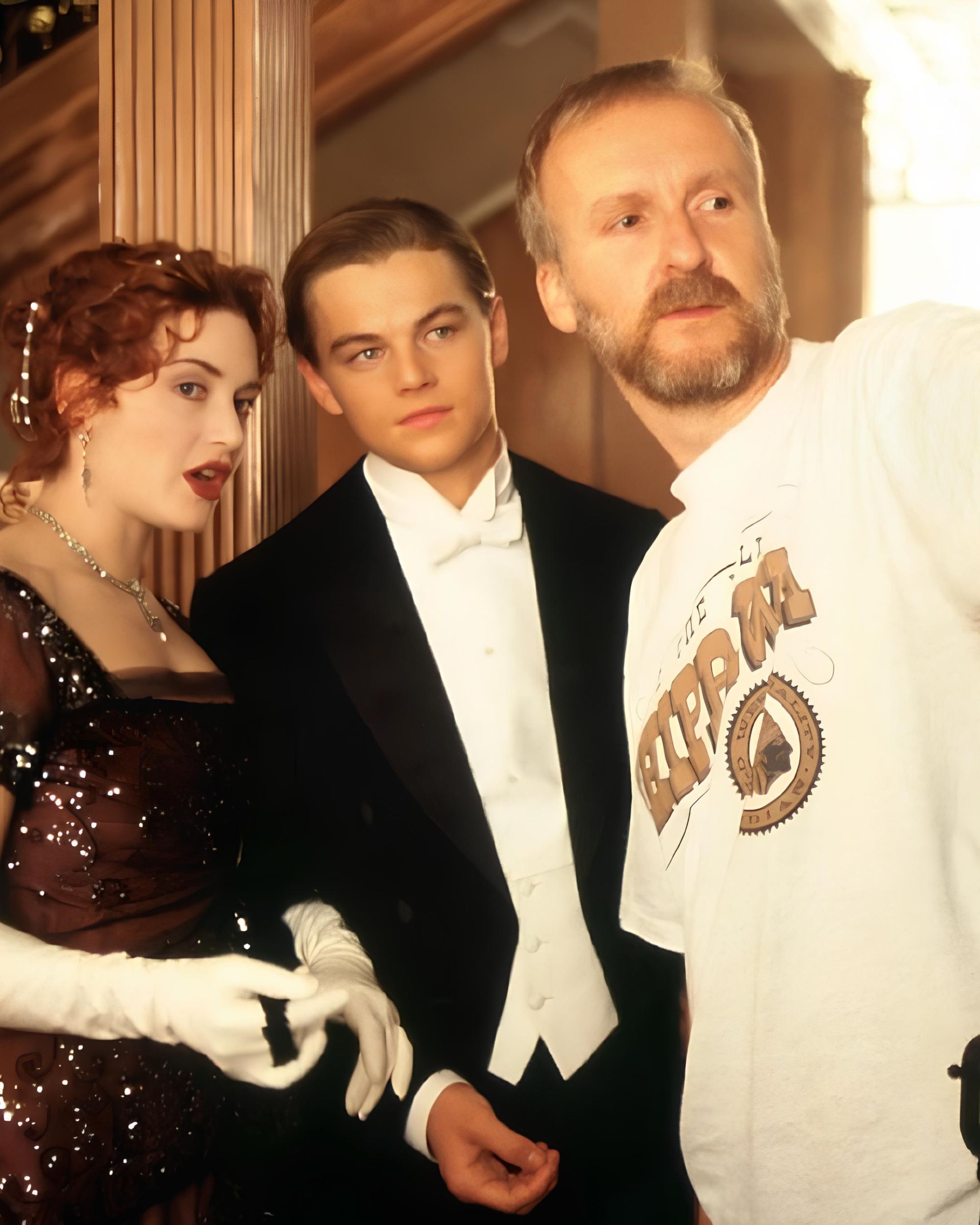
It's time to get rid of fashion talent shows Old and outdated, but above all far removed from the world of fashion today
There was a time in the history of TV when every profession, hobby, or discipline seemed worthy of being featured in a talent show. In the beginning, it was music, then cooking, then pastry, then football, and finally the more general definition of "someone with talent" For its part, the fashion industry did not remain idle, and during the heyday of talent it busied itself with America's Next Top Model (with an Italian version that ran for a whole four seasons) and Project Runway, hosted by the husband-and-wife team of Heidi Klum and Tim Gunn - and produced by Harvey Weinstein, but that is another topic.
After Gunn and Klum divorced the network that owned the format, the two decided to move and created the Amazon-produced rich twin Making The Cut, which continues the tradition of the fashion talent show in the age of online streaming. The year was 2020, and while fashion was spreading across social media at a rate not seen in years, the streaming giants seemed to ignore it. Amazon's program was then answered by Netflix, which just a few weeks ago released the second season of Next in Fashion, in which twelve up-and-coming designers compete against each other under the direction of Tan France and Gigi Hadid, who replaced Alexa Chung after the first season.
The mechanism is always the same: in each episode, the contestants have to make one or more outfits, each time inspired by a different theme, in an increasingly tight time frame. The results are borderline presentable in many cases. The judges seem to be forced to find something positive about dresses that none of them would dare to wear - even though more than one keeps saying, "You'll have to let me have one." The fault lies not with the candidates, who are often chosen with such an eye for natural selection that it only takes a few minutes to figure out who happens to be there and who is trying to win, but with a basic idea that is not only outdated but also far removed from the mechanisms of the fashion world.
While it is true that the fashion system moves at an inhuman pace, to give contestants a few hours to design a Met Gala-themed dress is to offer the viewer a product with little credibility. The same is true when the poor unfortunate of the competition are asked to design a nature-inspired collection with flowers and plants applied to the dresses, leading to a result that borders on the carnivalesque. Despite the long list of guests called upon to ennoble the cause (GabriellaKarefa-Johnson, Donatella Versace, Isabel Marant, and Naomi Campbell, to name a few), we can hardly say that shows like Making The Cut or Next In Fashion do the fashion world a good turn, but rather perpetuate this superficial and sometimes grotesque idea that prevails in popular opinion.
It's strange that two companies like Amazon and Netflix, who are certainly not the Rai in service, can not manage to turn down a fashion talent in a version that minimally keeps up with the times. Social media, for example, are the big absentee, especially today when 99 percent of fashion comes through our Instagram feeds or TikTok's For You page, and a brand's success is decided by algorithmic strokes. But if we look back, how many winners have made their fortune in the fashion world?
Christian Siriano is perhaps the most famous name among the winners of Project Runway, while if we look at the last few years, it is hard to understand what designers like Jonny Cota or Andrea Pitter have done after winning Making The Cut. While it is true that the entertainment industry has changed and talent shows have been on the decline for years, the fashion world has long entered a dimension where talent can be judged online by a limitless audience of potential customers rather than by a group of celebrities paid to make judgments in a set filled with extras. But most importantly, in a fashion system where independent designers are struggling to stay afloat, what sense does it make to fool someone into thinking they can succeed just by winning a talent show?














































